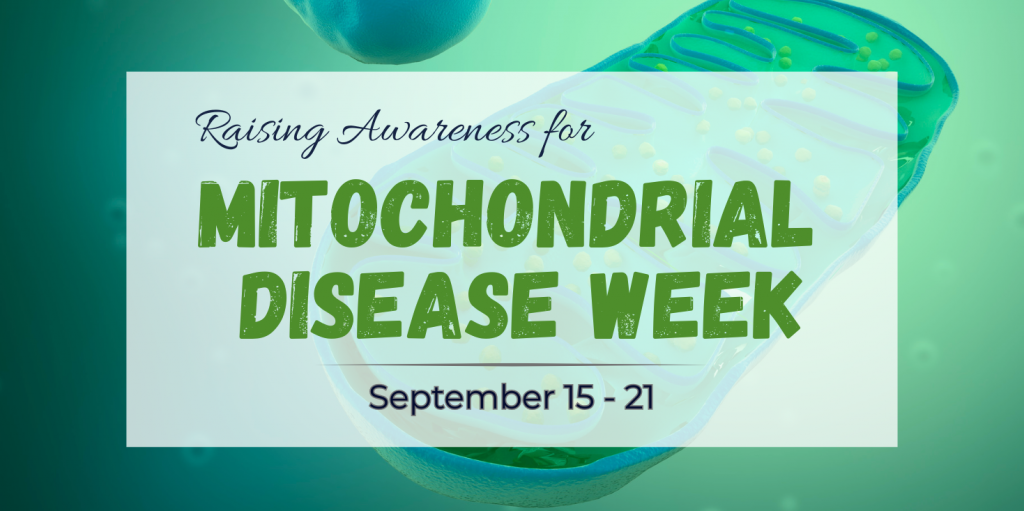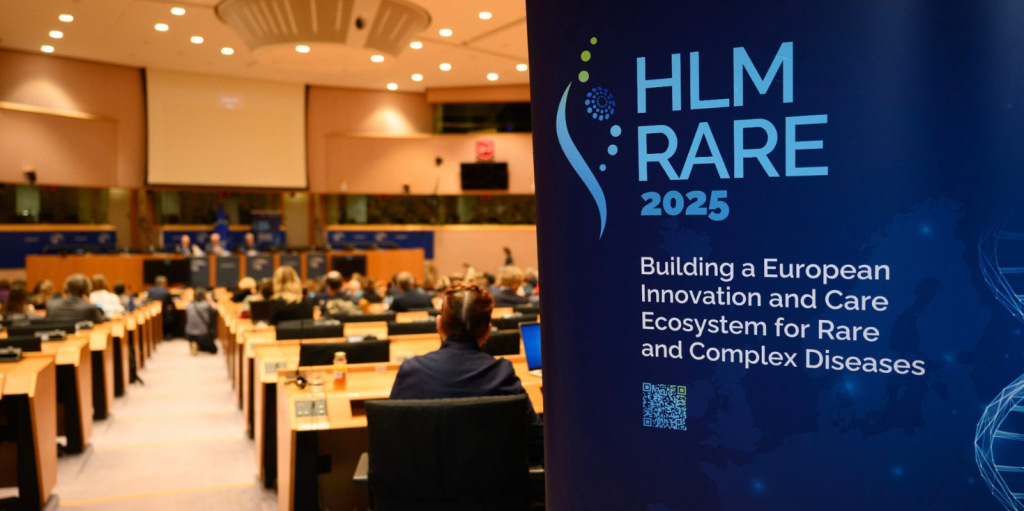September shines a light on Mitochondrial Disease Awareness and Pain Awareness Month. Mitochondrial diseases impact around 1 in 5,000 individuals and often remain underdiagnosed and misunderstood. In recognition of Mitochondrial Disease Awareness Week (September 15–21) and Pain Awareness Month, we celebrate resilience by sharing an inspiring patient story alongside an expert-led presentation focused on chronic pain management.
Nanda’s Journey with MELAS syndrome
Nanda lives with MELAS – a rare mitochondrial disorder. MELAS stands for Mitochondrial Encephalopathy, Lactic Acidosis, and Stroke-like episodes. This condition affects the brain and muscles, causing lactic acid buildup in the tissues and blood, muscle contractions (myoclonus), epilepsy, hormonal dysfunctions and acute episodes of “metabolic strokes” based on cellular energy loss.
For Nanda, MELAS means living with chronic pain, which severely limits her mobility. This reduced movement leads to muscle loss, weakness, and secondary effects like constipation. Recently, Nanda joined a clinical trial for a new medication that may help alleviate her pain – not just for herself, but for all MELAS patients and others suffering from chronic pain due to a mitochondrial disorder.
Understanding and Managing Chronic Pain
Prof. Dr. Guy Hans, anesthesiologist and pain specialist, has developed a web lecture for Pain Awareness Month. This presentation explores:
- What is chronic pain and how does it differ from acute pain?
- Can chronic pain be prevented?
- How can we treat chronic pain? What strategies can help reduce its impact on daily life?
Prof. Hans introduces the 4 P’s approach:
- Prevention: Identifying and addressing risk factors early
- Psychotherapy: Supporting mental health to improve pain coping
- Physiotherapy: Maintaining mobility and strength
- Pharmacotherapy: Using medications effectively and safely
Raising awareness
This September, let’s raise awareness about mitochondrial diseases and chronic pain. Share Nanda’s story, learn from Prof. Hans, and support those living with these challenges.
Find more info on mitochondrial diseases:





